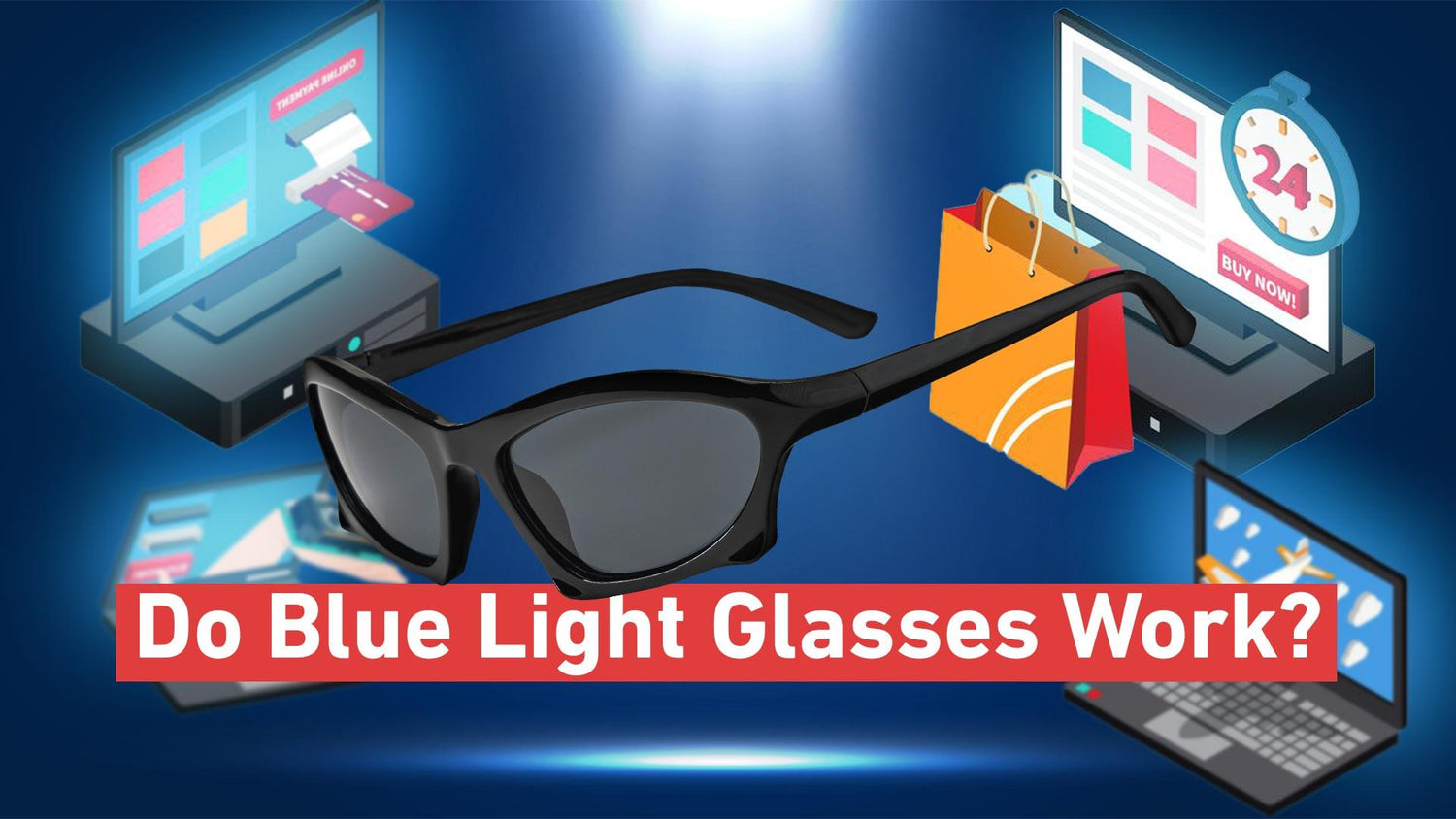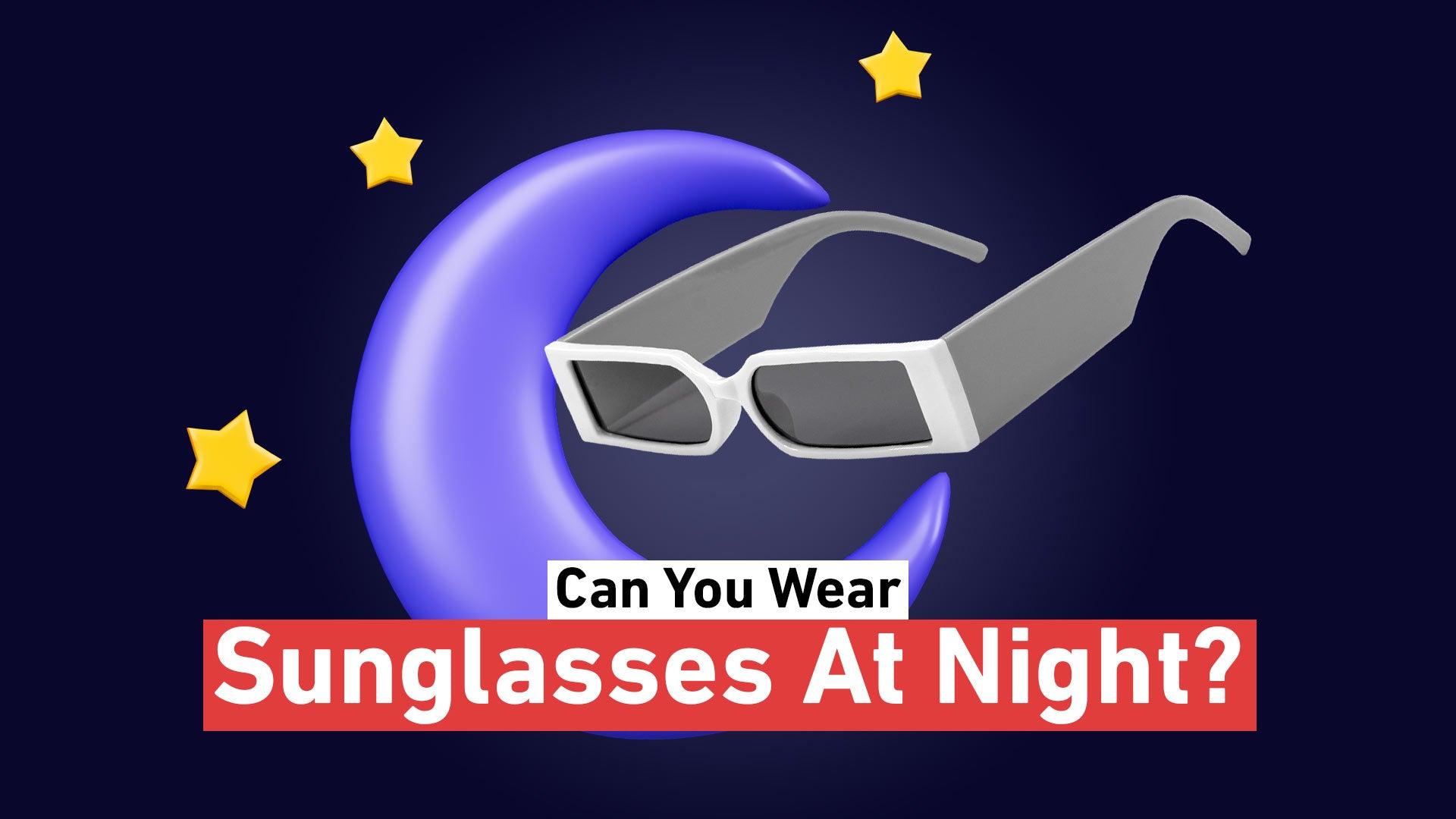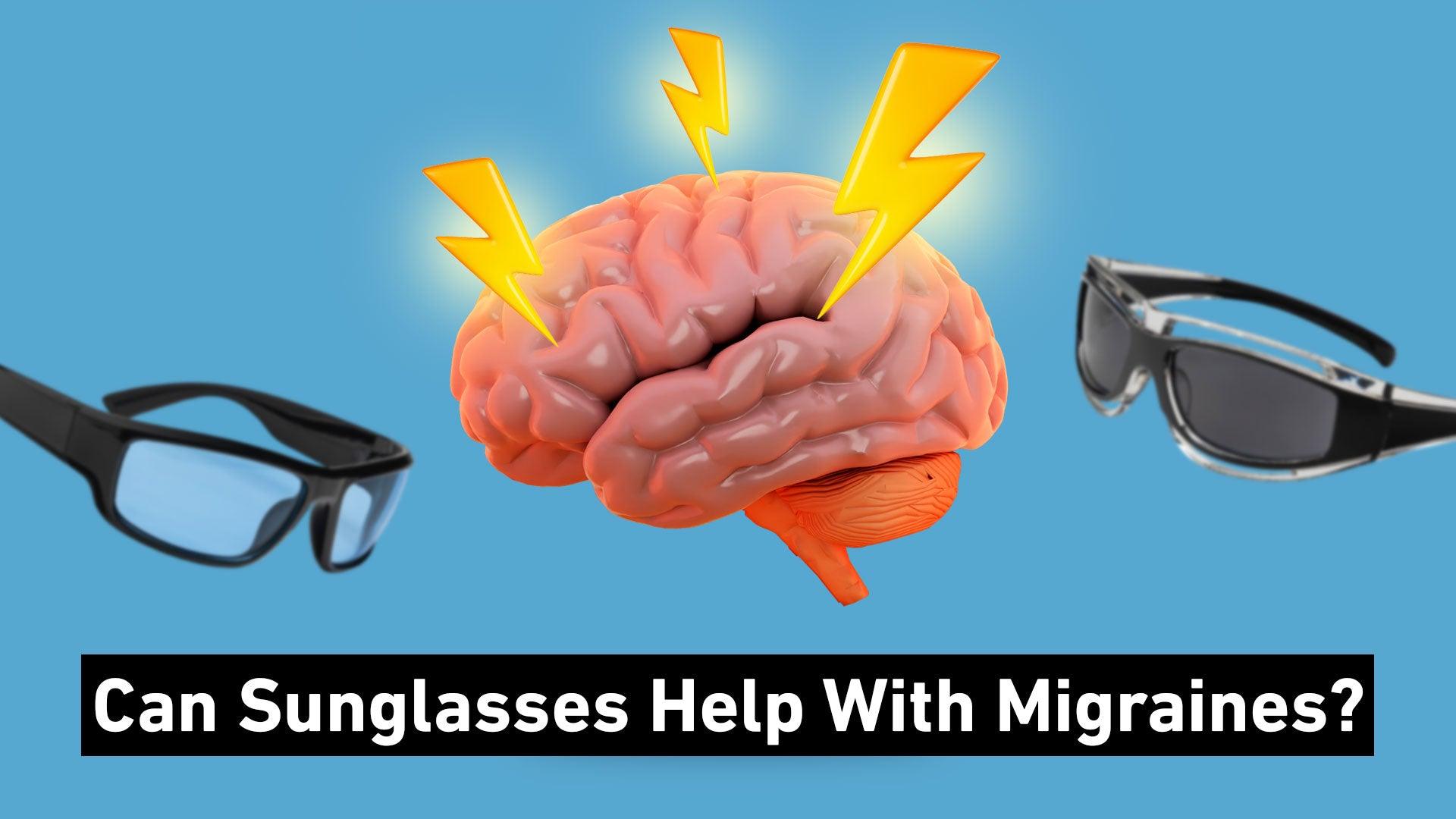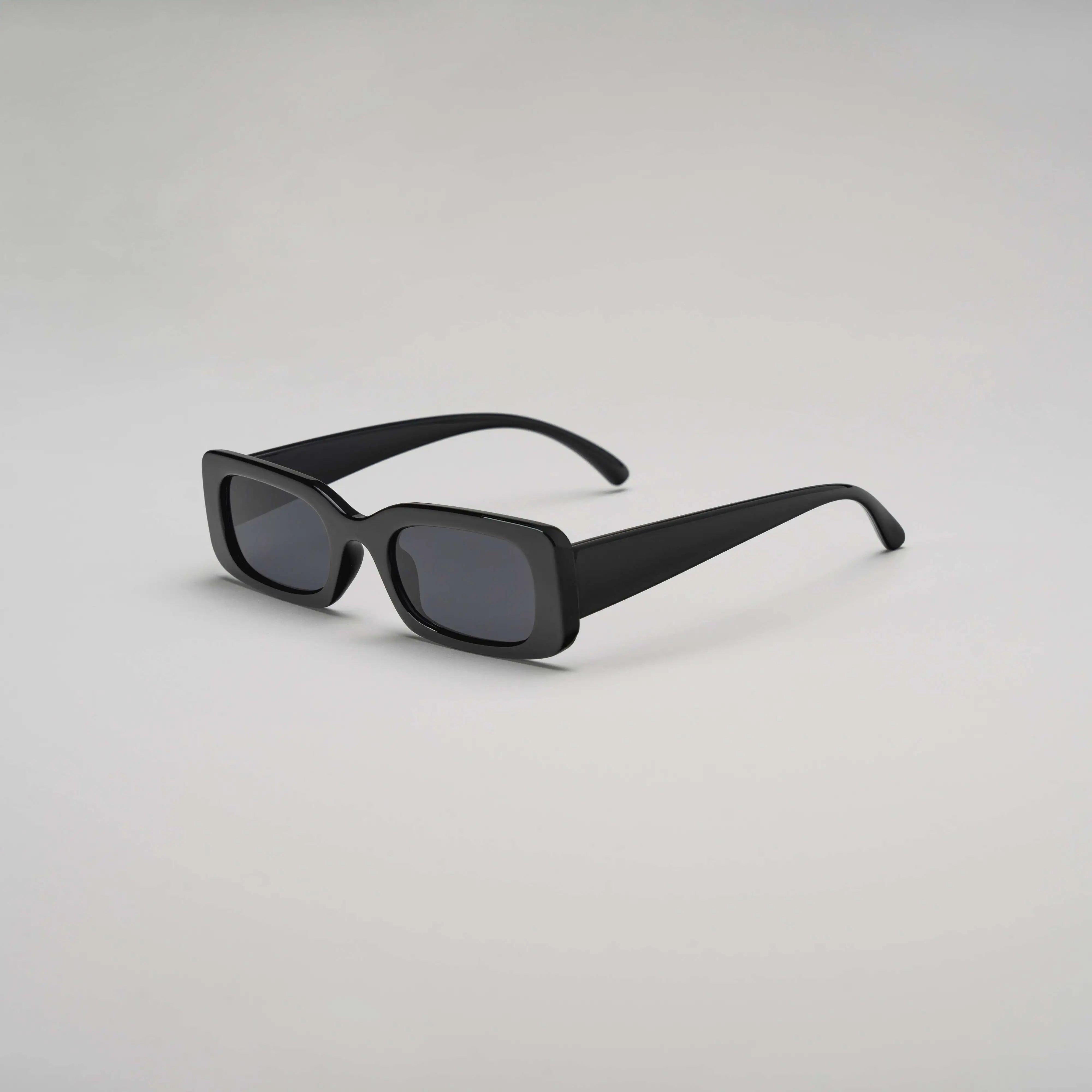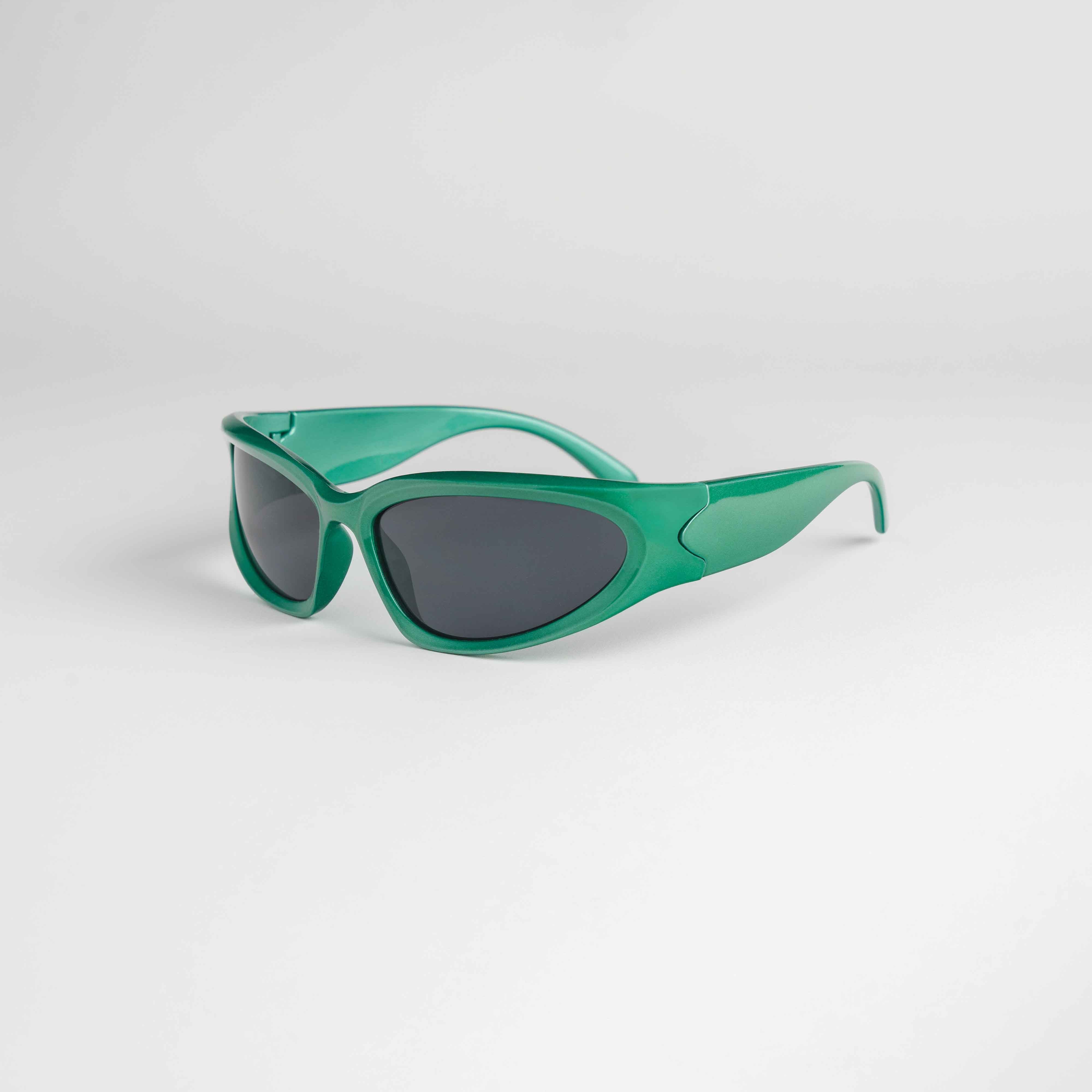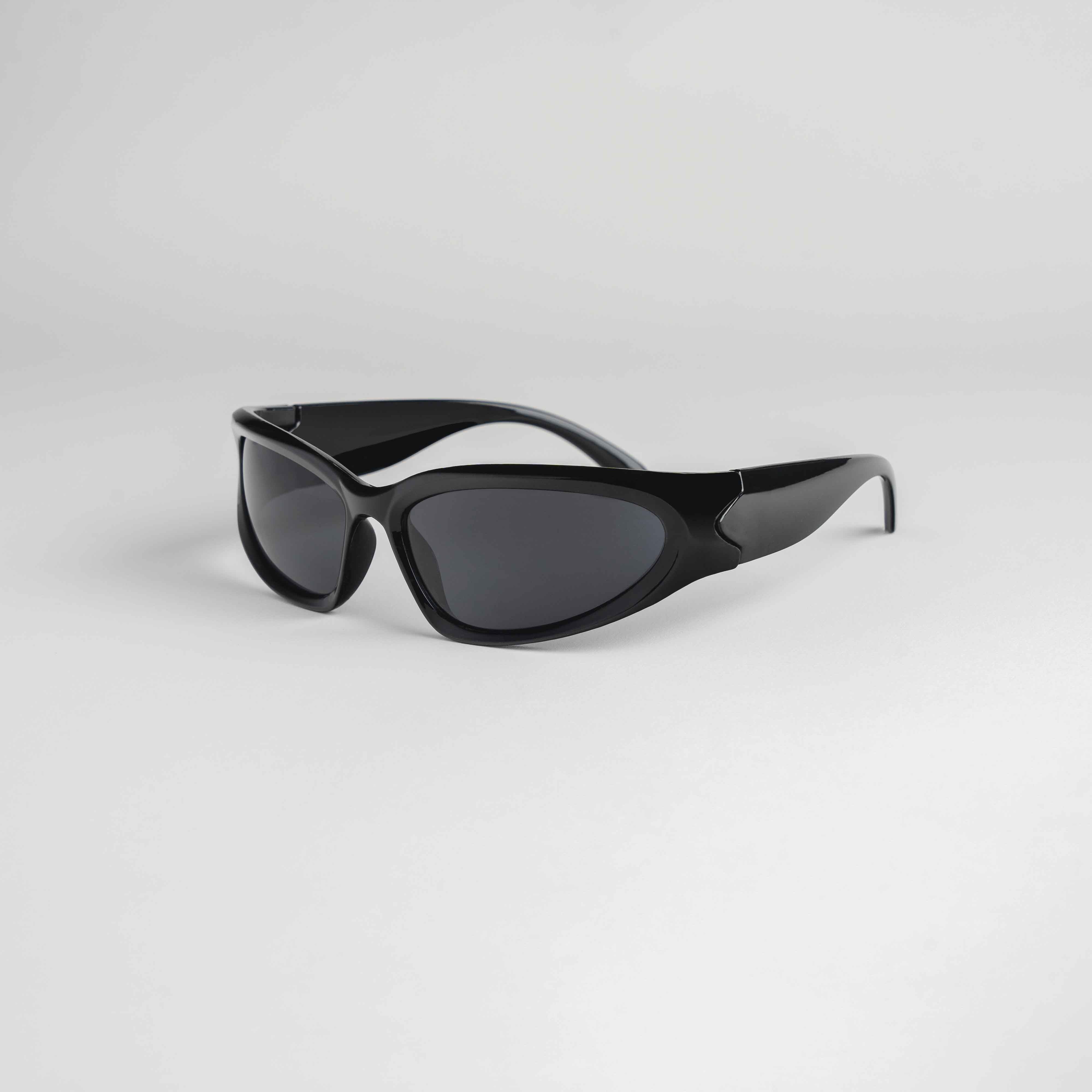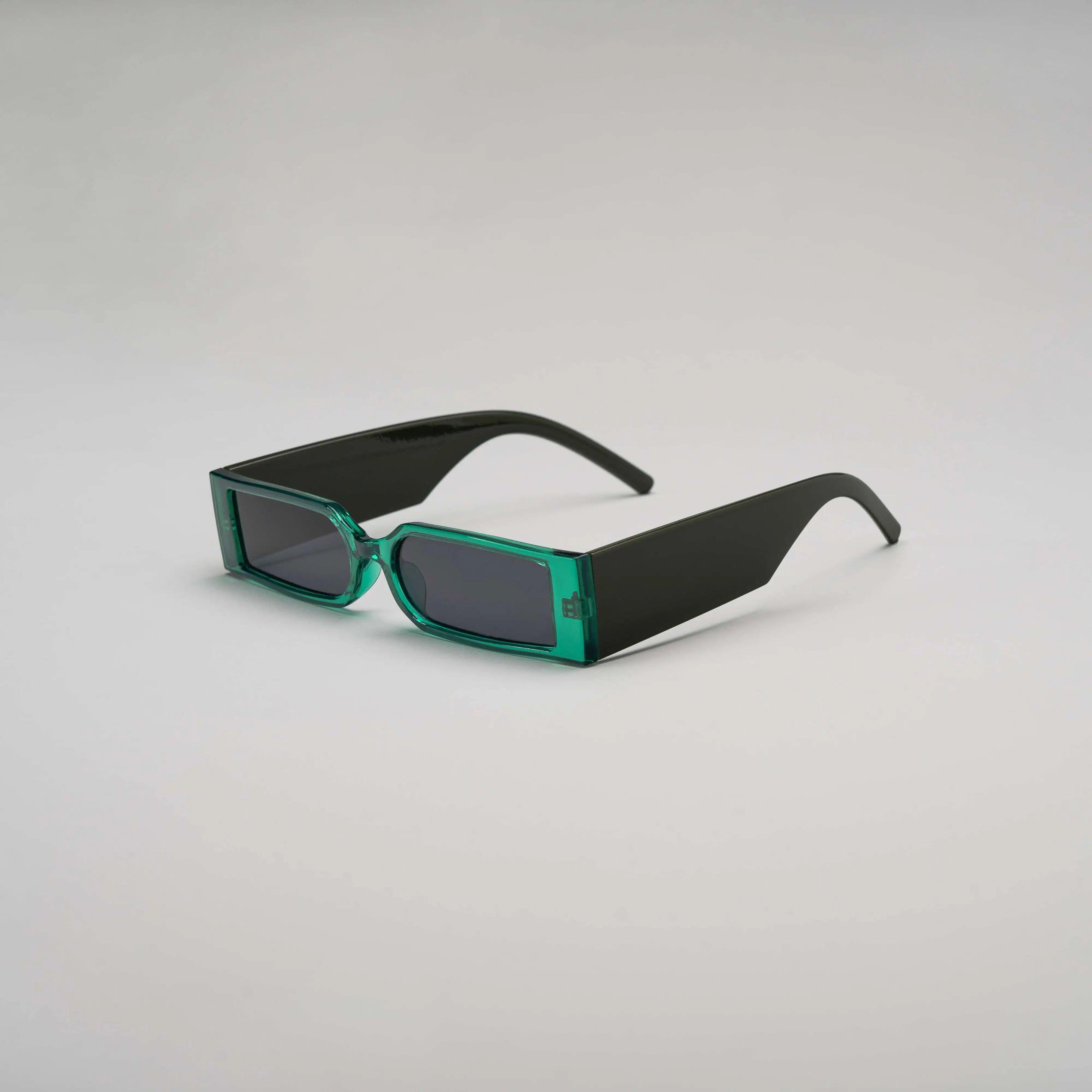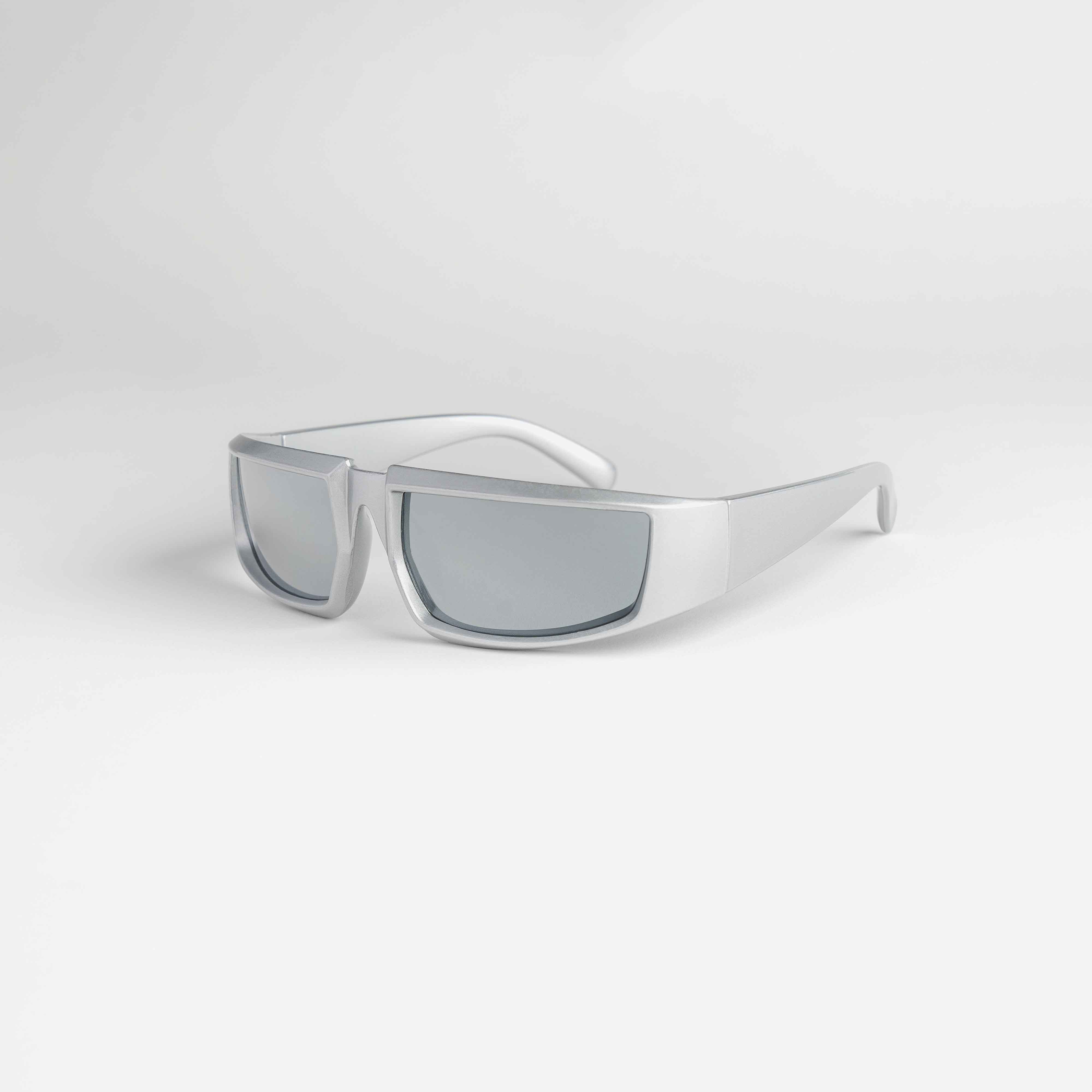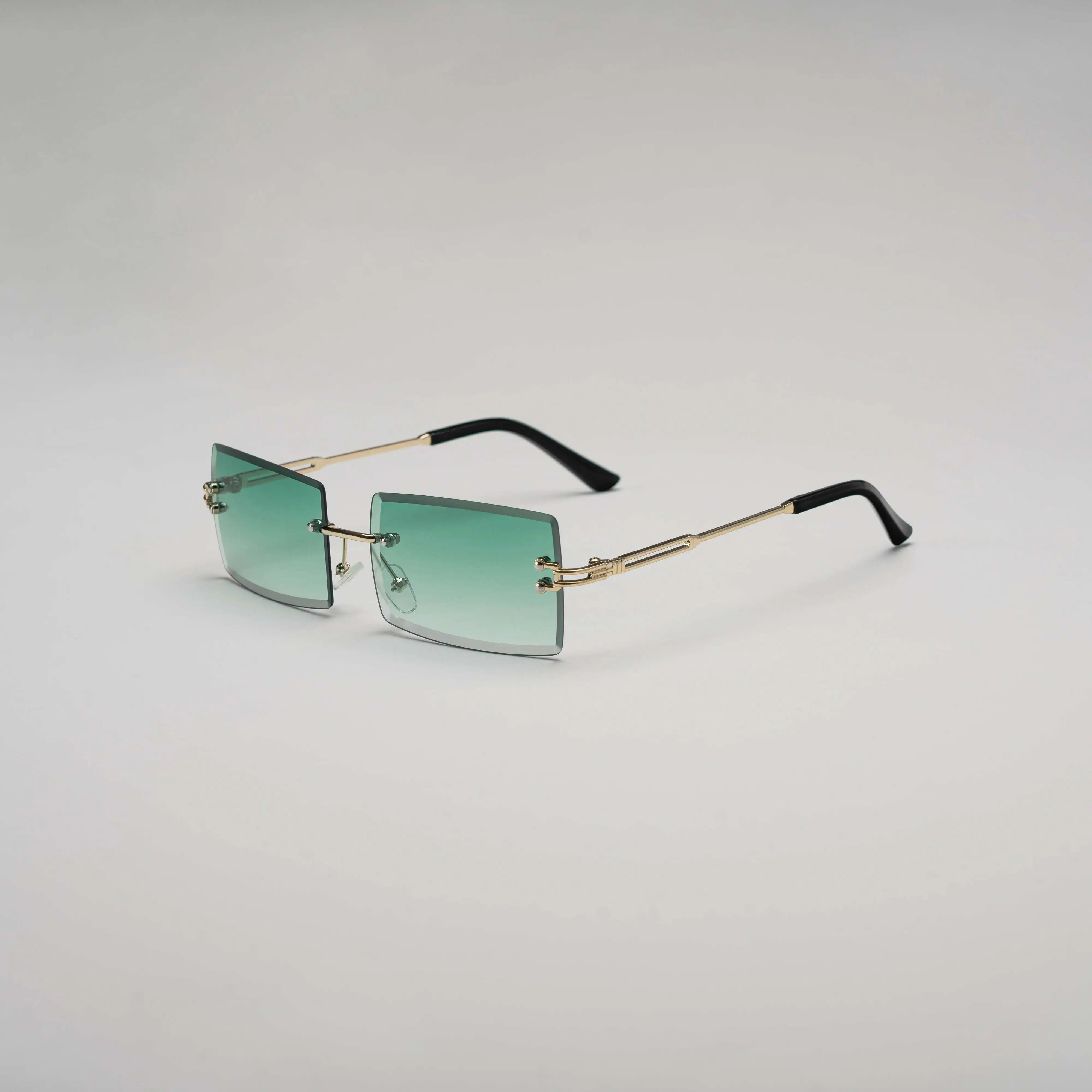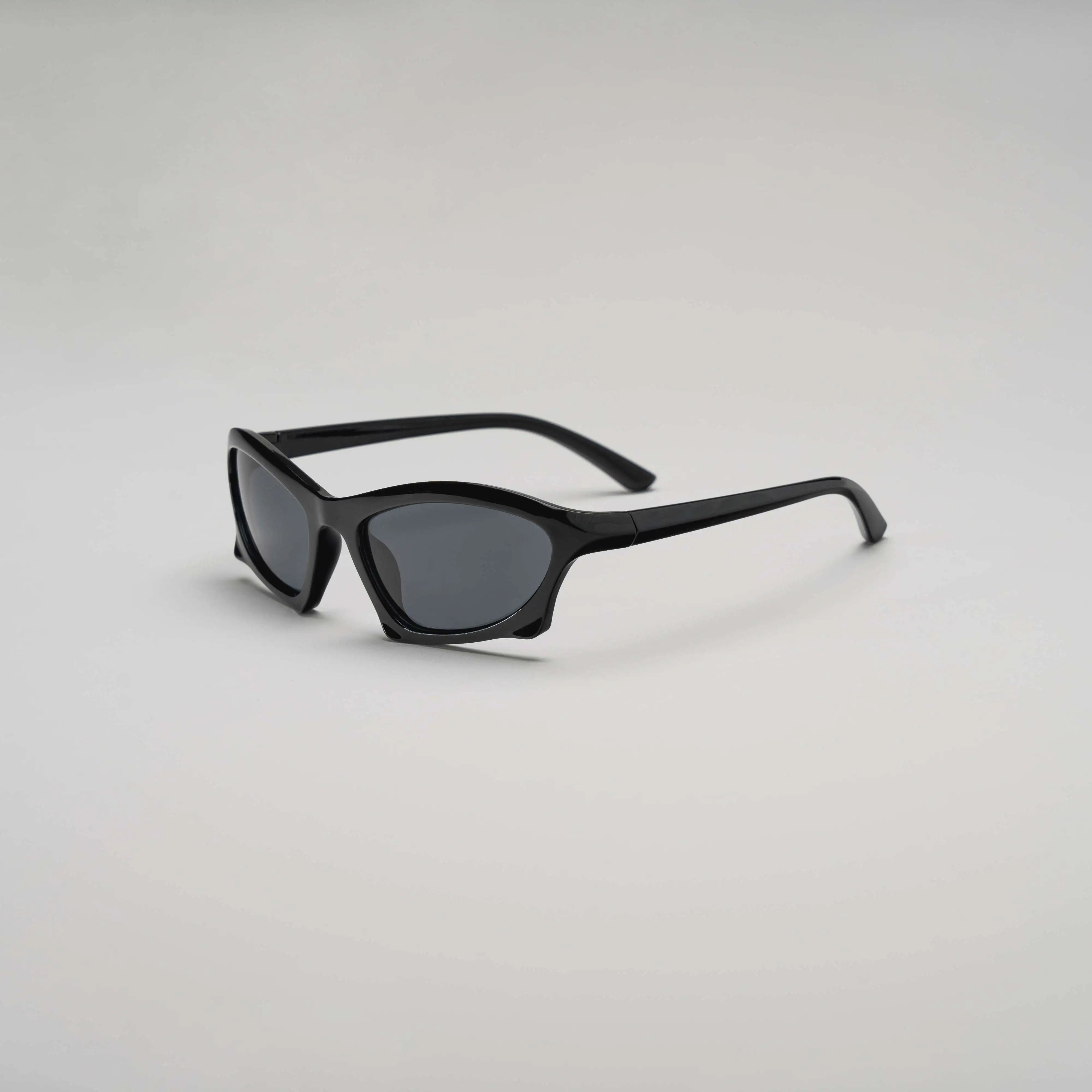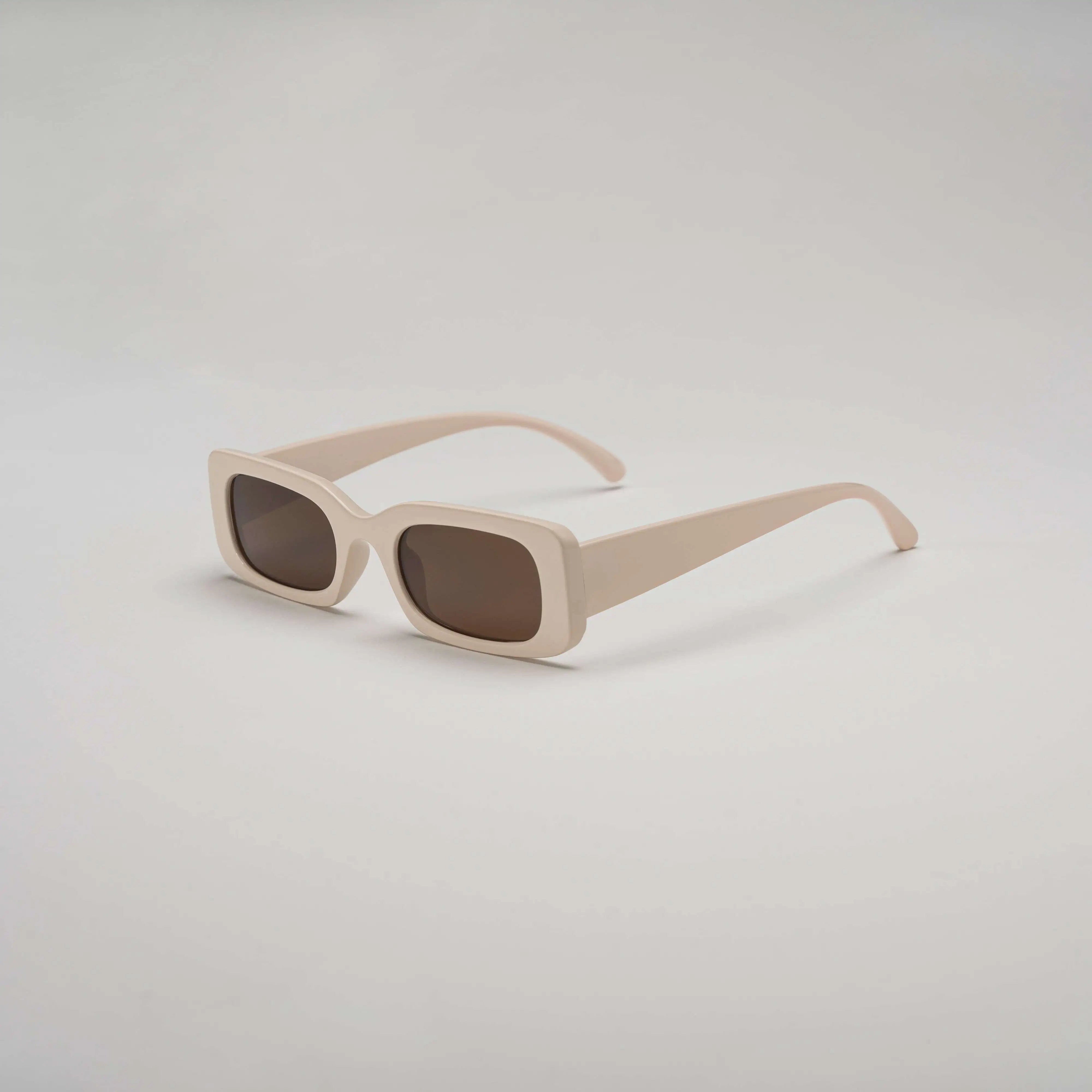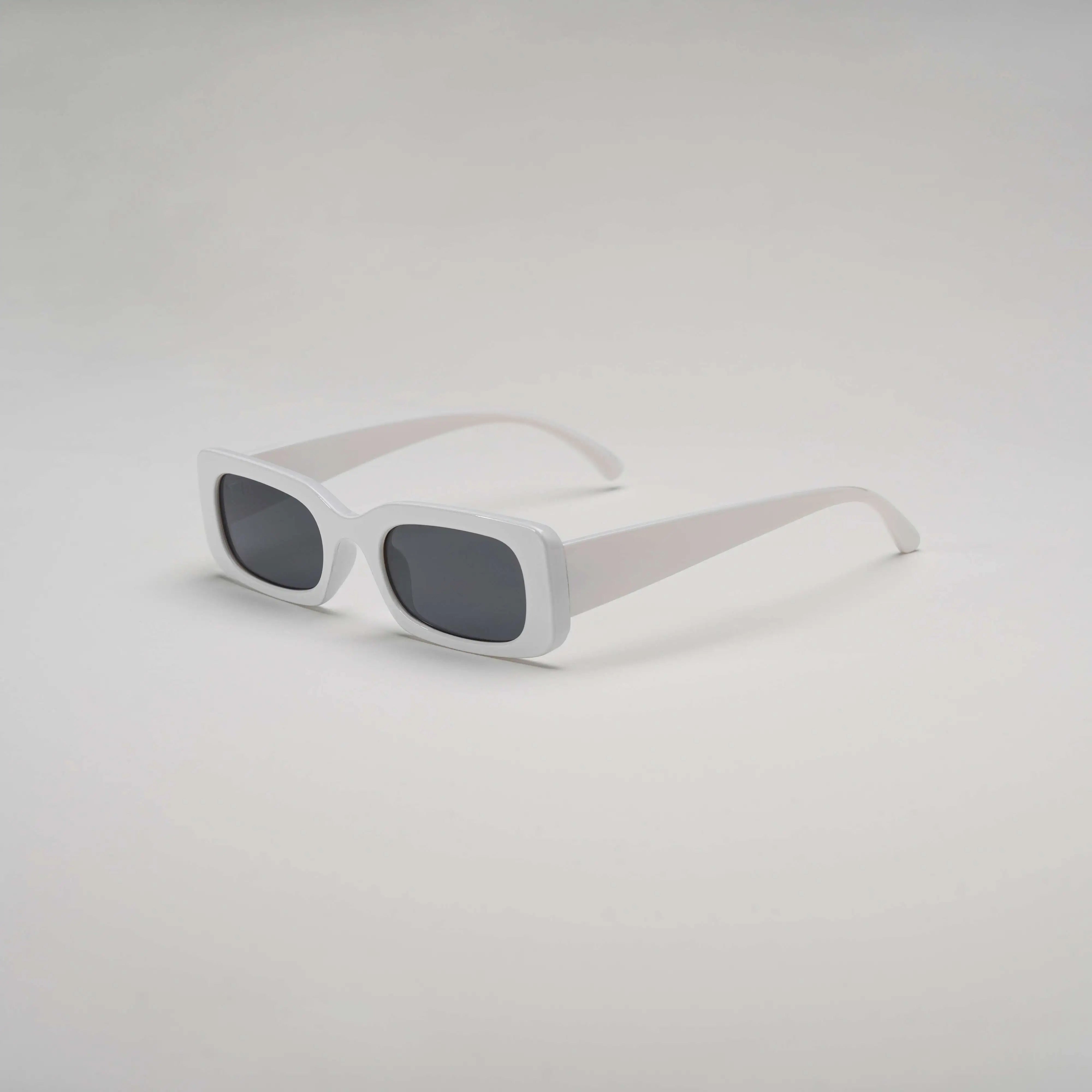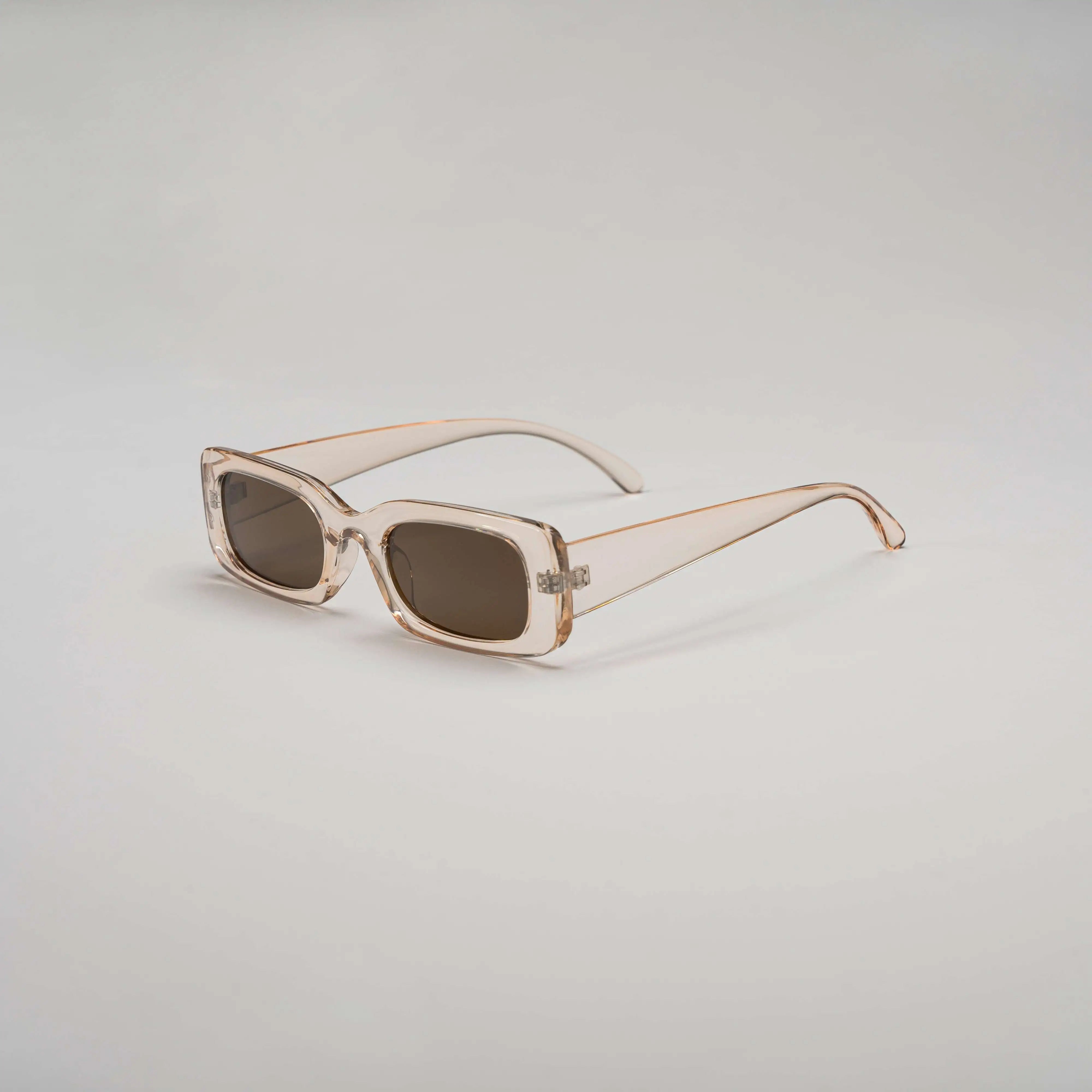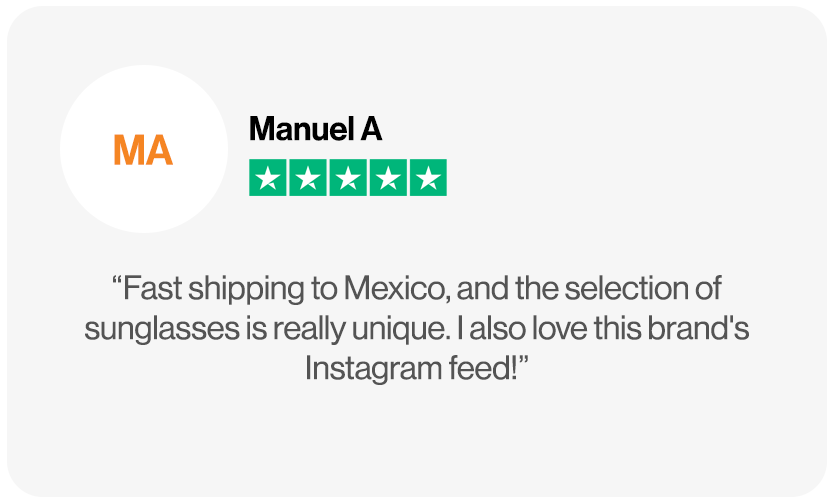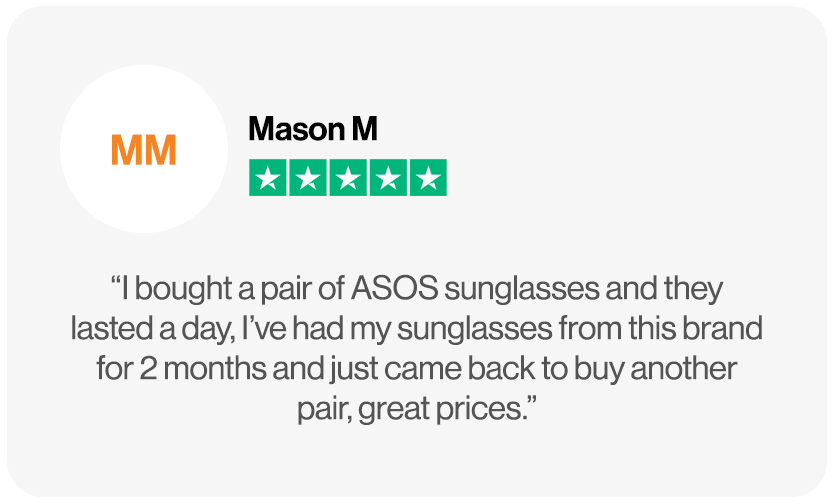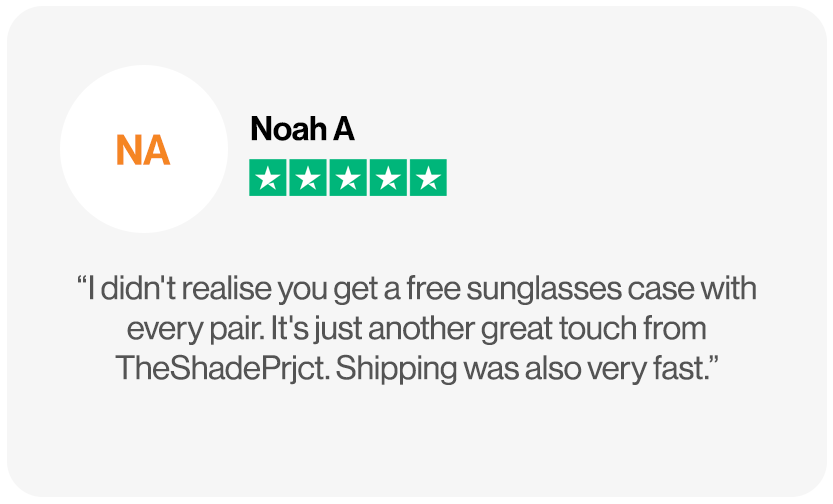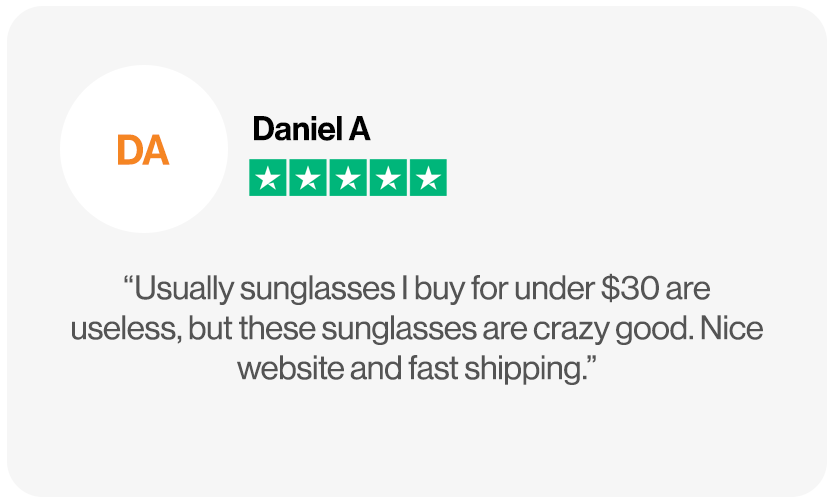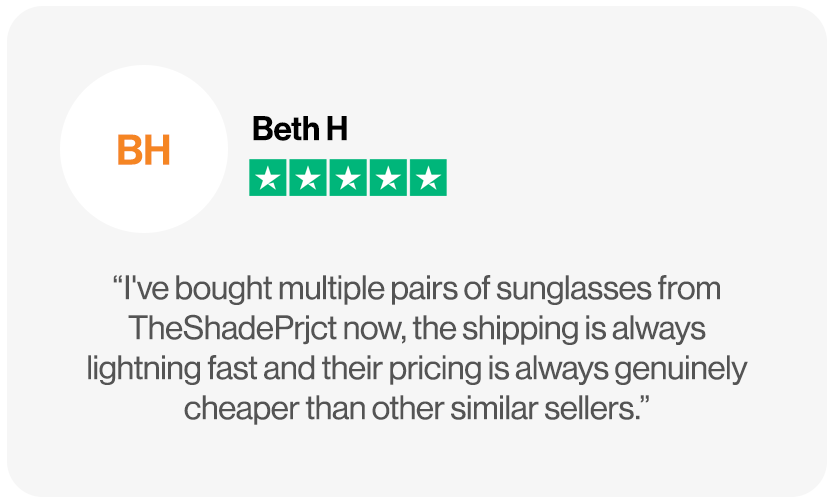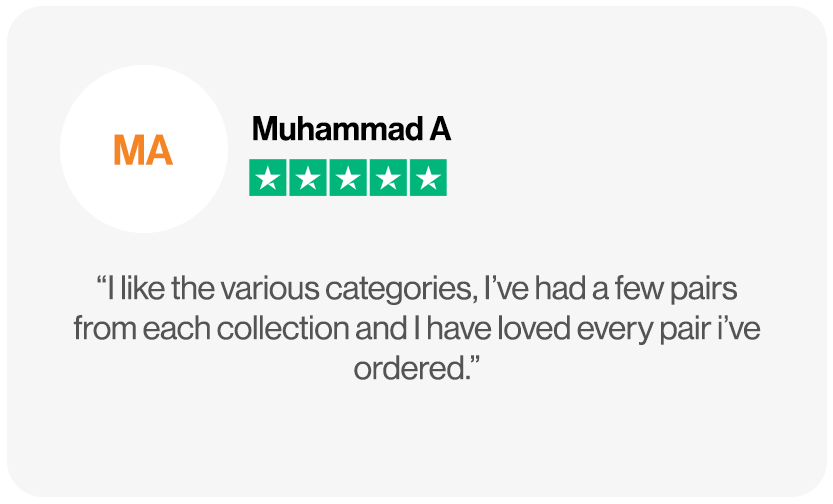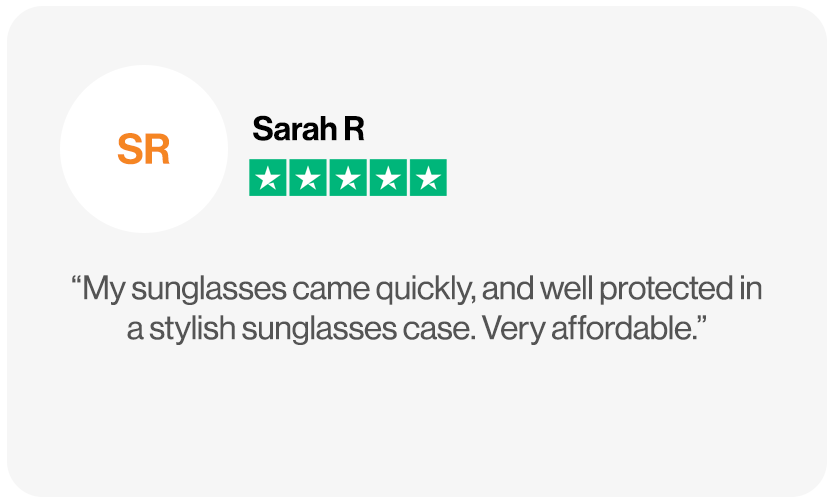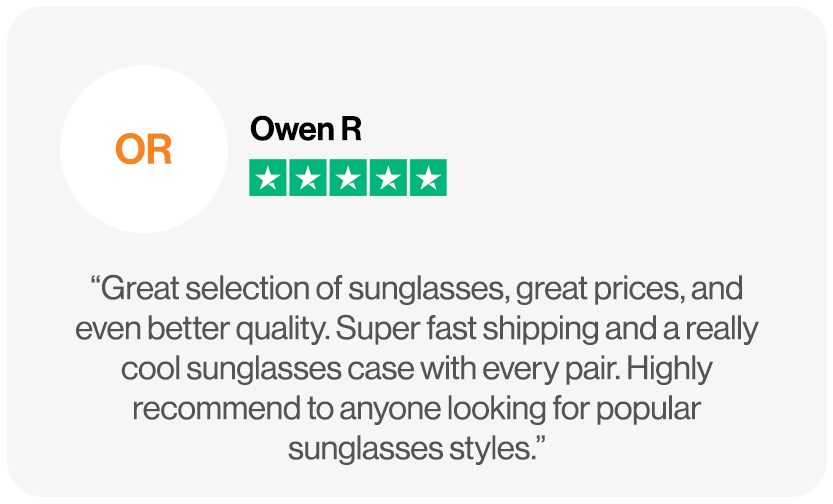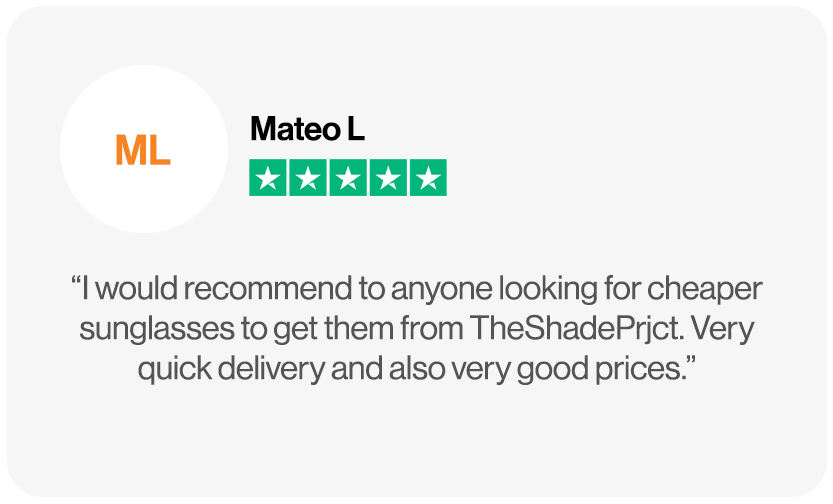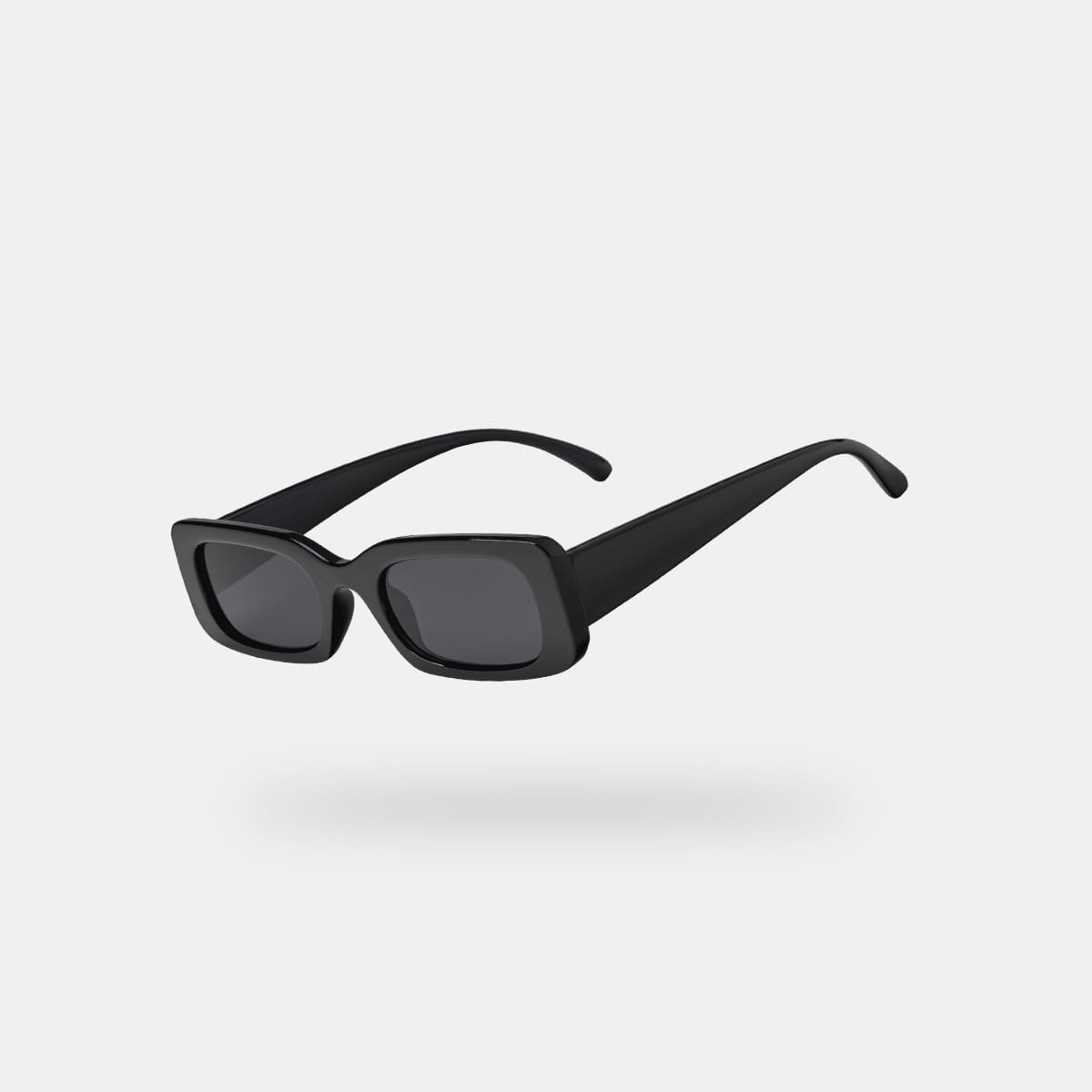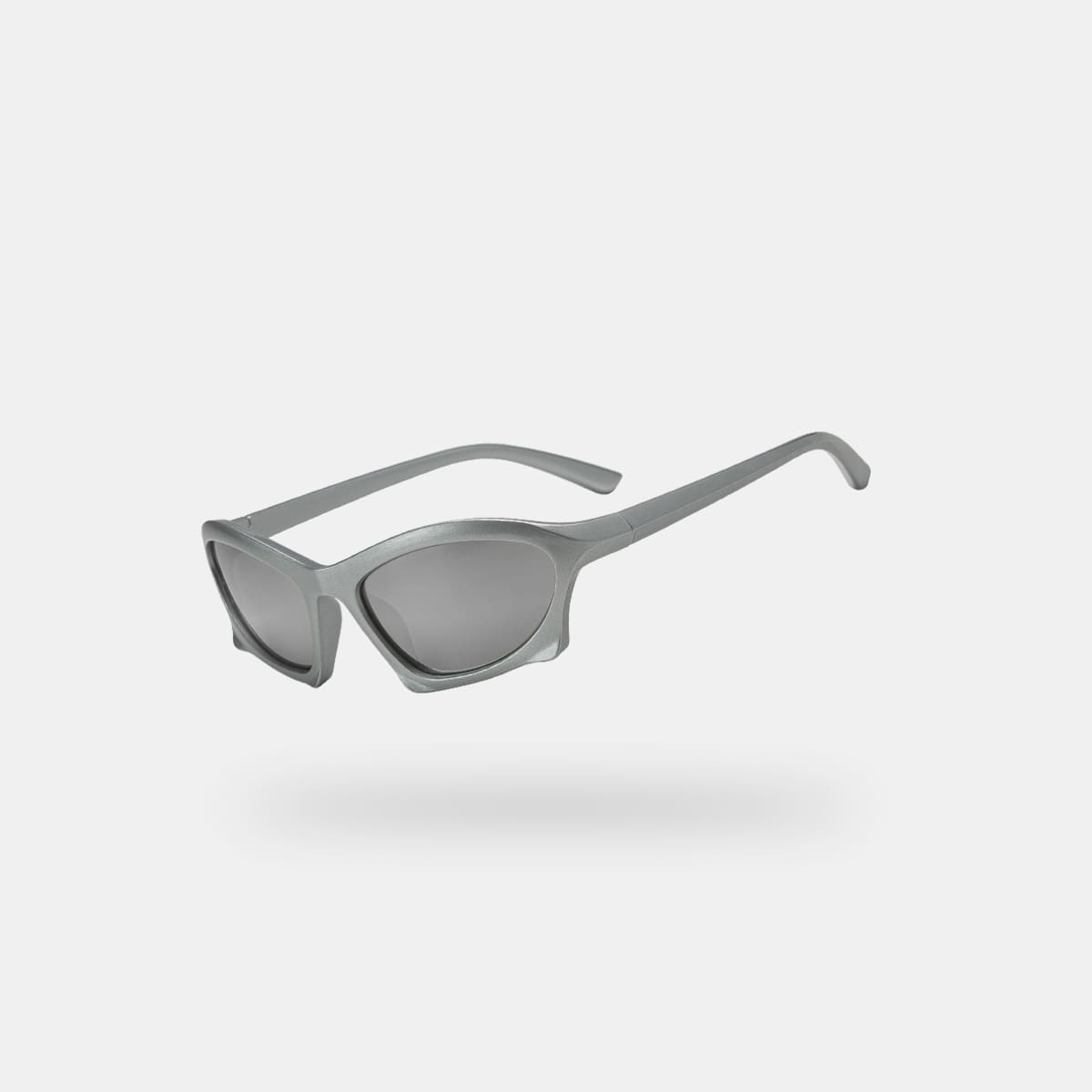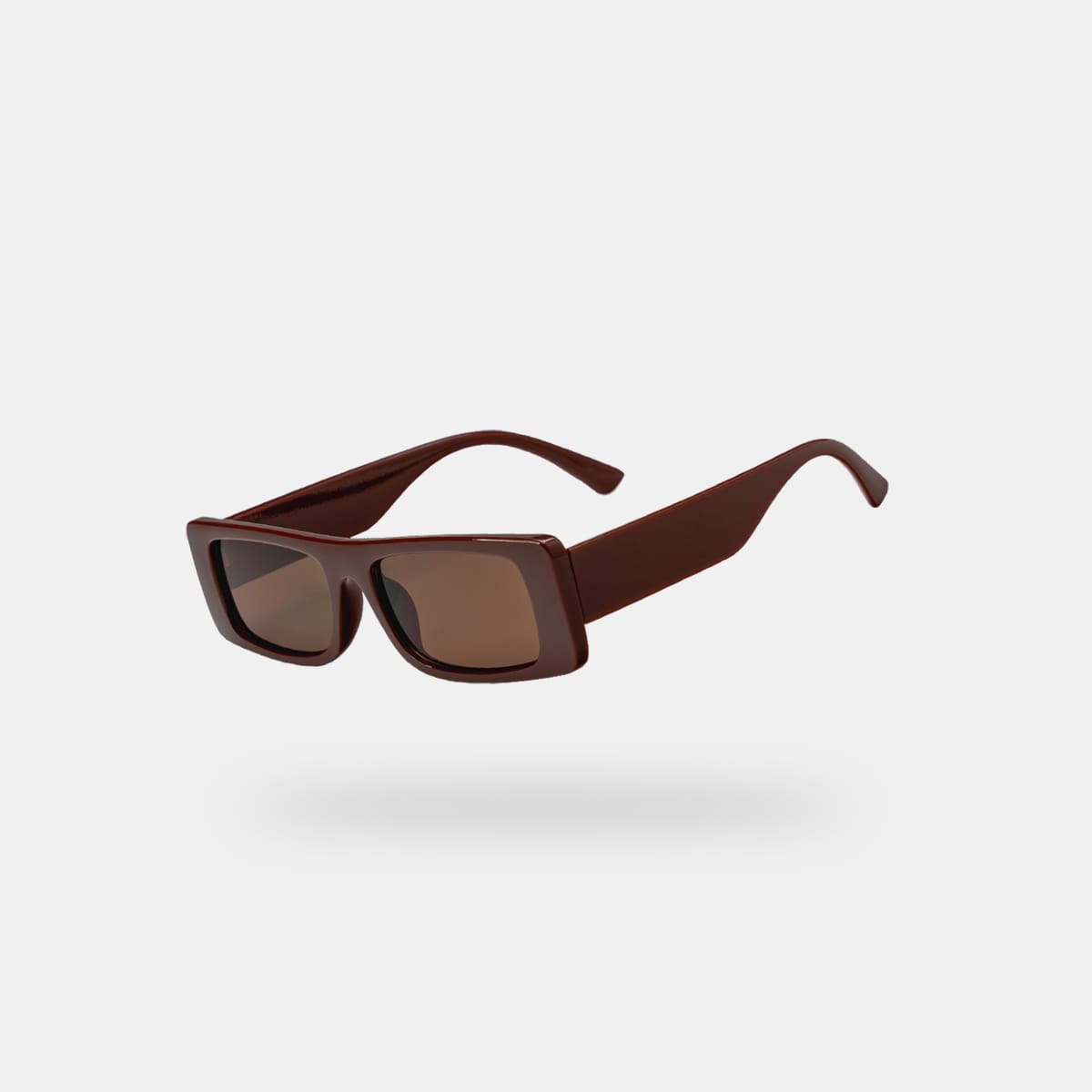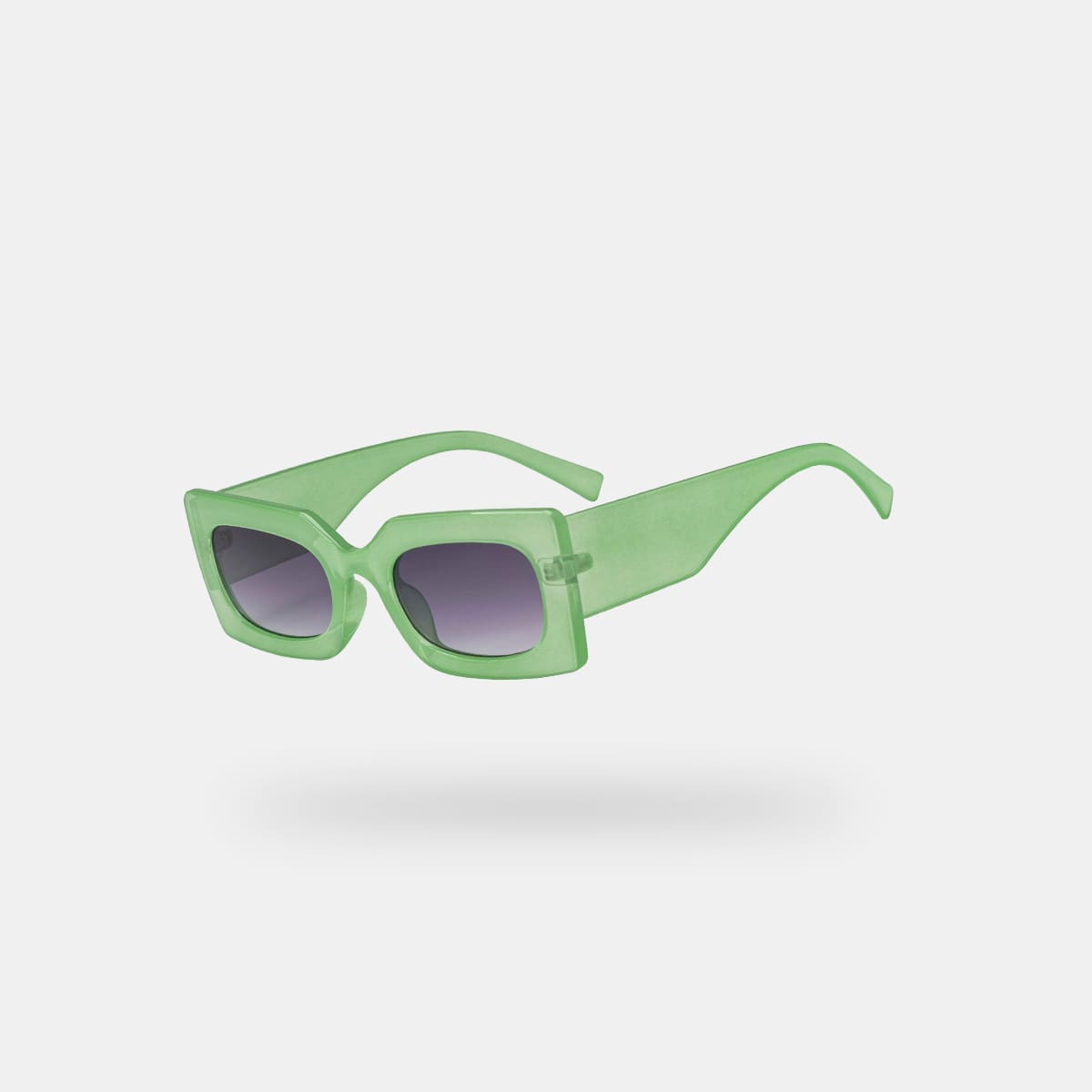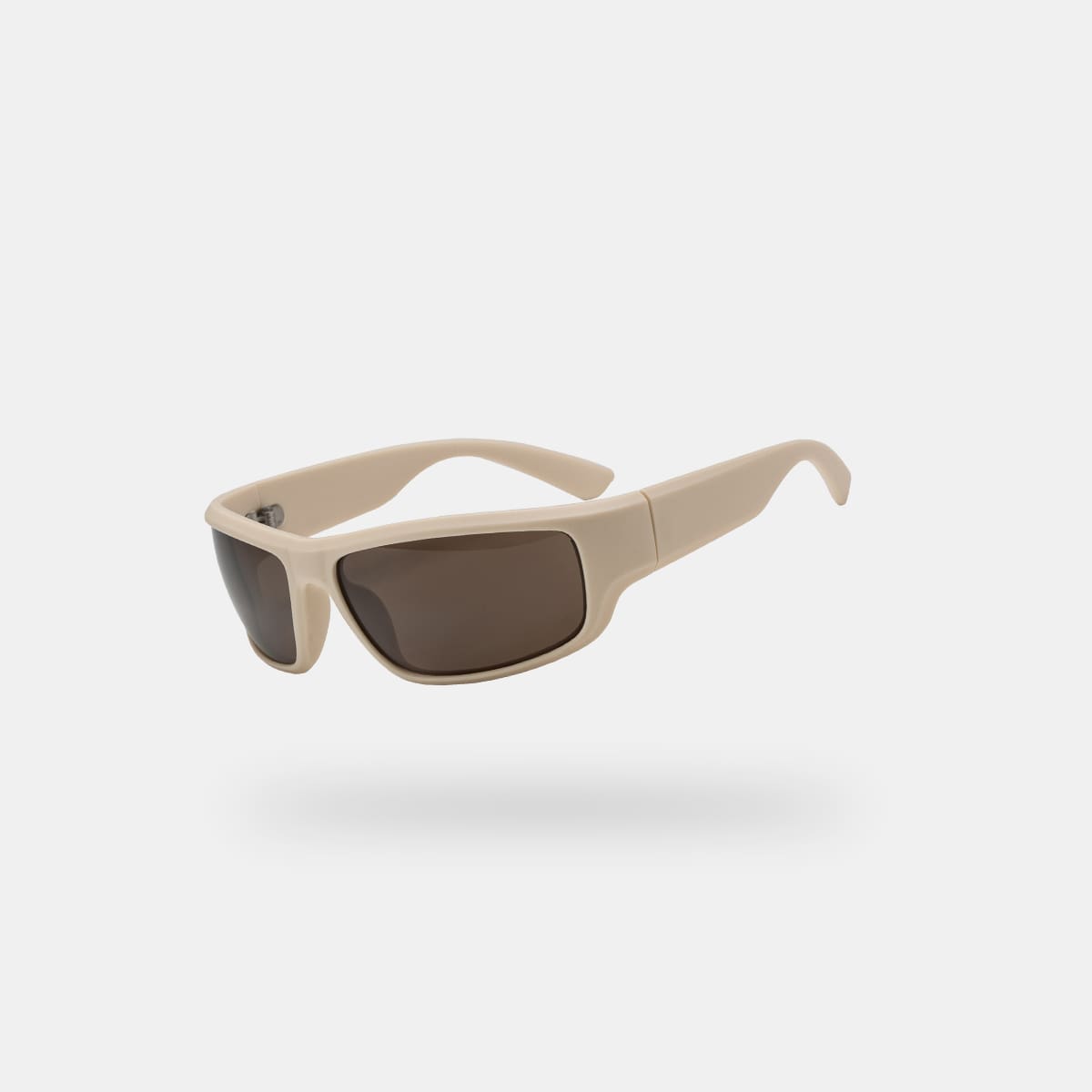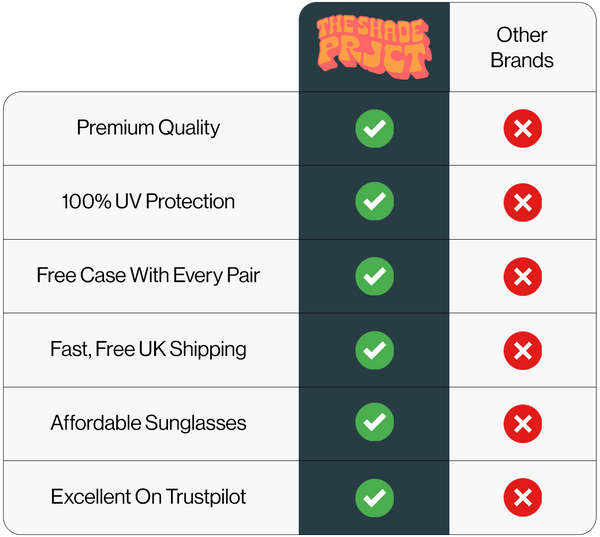Introduction
If you're concerned about the impact of digital screens on your eyes, you've likely come across the term 'blue light' and wondered if blue light glasses are the solution. These glasses, designed to block blue light, have gained popularity for their potential to safeguard eye health. In this comprehensive guide, we delve into the scientific research behind blue light glasses to uncover their effectiveness. Discover the truth about blue light, its effects on your eyes, and whether blue light glasses truly deliver on their promises.
What is Blue Light?
Blue light is a type of visible light with a short wavelength and high energy levels. While sunlight is the largest source of blue light, digital screens also emit it. Concerns arise from the prolonged exposure to screens and the proximity of these devices to our eyes. However, research suggests that the amount of blue light emitted by screens is significantly lower than that of natural daylight, posing minimal risk.
Do Blue Light Glasses Work?
Blue light glasses, also known as blue light blocking glasses, feature lenses designed to reduce the amount of blue light entering the eyes. Although they effectively filter blue light, there is currently no scientific evidence to support claims that these glasses improve or protect eye health. The College of Optometrists confirms that blue-blocking lenses offer no proven benefits for visual performance, eye fatigue, sleep quality, or macula health.
Do Blue Light Glasses Help With Eye Strain?
Contrary to popular belief, there is insufficient evidence to directly link blue light to digital eye strain. Eye fatigue from using screens extensively can be attributed to factors such as prolonged concentration, frequent shifts in focus, and proximity to the screen. Glare and reflection can also contribute to eye strain. Rather than focusing solely on blue light glasses, adopting healthy screen-use practices and using anti-glare coatings on glasses can help reduce eye strain effectively.
Do Blue Light Glasses Prevent Retinal Damage?
While certain studies have shown that blue light can damage retinal cells in controlled environments, there is no substantial evidence to suggest that blue light-absorbing devices, like blue light lenses, prevent retinal conditions such as age-related macular degeneration (AMD). Safety regulations limit the amount of blue light emitted by everyday objects, ensuring that digital screens do not emit levels high enough to cause retinal damage.
What Are Some Alternatives To Blue Light Glasses?
Rather than relying solely on blue light glasses, several alternative methods can help alleviate digital eye strain. Incorporating self-care practices like taking regular breaks and following the 20-20-20 rule can give your eyes much-needed rest. Adjusting screen settings, using larger fonts, and employing anti-glare coatings on glasses are effective strategies.
1. Opt For Sunglasses With 100% UV Protection
UV protection plays a crucial role in shielding our eyes from harmful rays, including blue-violet light or High Energy Visible (HEV) rays. By adding a UV coating to your eyeglasses, you can effectively filter out a significant portion of the blue light emitted by LED screens. This coating acts as a barrier, reducing the amount of blue-violet light that reaches your eyes and potentially minimising the associated eye strain and discomfort. At TheShadePrjct, we prioritise your eye health, which is why our entire range of sunglasses comes with 100% UV protection as a standard feature. Whether you're enjoying the outdoors or using digital devices, our sunglasses provide the necessary defence against UV rays, helping to safeguard your eyes and promote overall eye well-being.
2. Adjust Your Brightness And Temperature Display Settings
There are alternative methods to help reduce exposure to blue light emitted by digital devices. One such method is utilising the "Night Shift" feature available on iPhones and similar devices. Night shift allows you to adjust the colour temperature of your screen to a warmer tone, reducing the amount of blue light emitted in the evening or at night. By making this adjustment, your eyes are exposed to less stimulating blue light, promoting a more comfortable viewing experience and potentially aiding in better sleep. Additionally, manually adjusting the brightness and colour temperature settings on your devices can also help to limit the amount of blue light reaching your eyes. By reducing the intensity and shifting to a warmer tone, you can further minimise the potential impact of blue light on eye strain and overall eye health. Remember to experiment with these settings to find what works best for you and prioritise your eye comfort when using digital devices.
3. What Is The 20-20-20 Rule?
The 20-20-20 rule is a helpful guideline for reducing eye strain during prolonged screen use. It suggests that every 20 minutes, you should take a 20-second break and focus your gaze on something that is at least 20 feet away. This practice allows your eyes to rest from the close-up work of staring at a screen and helps prevent eye fatigue. By shifting your focus to a distant object, you give your eye muscles a chance to relax and readjust, reducing the strain caused by continuous near vision. Incorporating the 20-20-20 rule into your screen time routine can contribute to better eye comfort and overall eye health.
By understanding the facts surrounding blue light glasses and implementing smart screen-use techniques, you can prioritise eye health without solely relying on blue light glasses. Embrace the journey towards eye comfort and make informed choices that suit your needs.
Frequently Asked Questions
1. Should you wear blue light glasses?
2. Can you wear blue light glasses while driving?
3. Is it bad to wear blue light glasses?
4. What happens if you wear blue light glasses?
5. Can blue light glasses protect against computer screen glare?
6. What are blue light sunglasses?
7. How do blue light sunglasses work?
8. Do blue light sunglasses protect your eyes?
9. Can blue light sunglasses help with sleep?
10. Do blue light sunglasses help with digital eye strain?
11. Can I wear blue light sunglasses while working or studying?
12. Do blue light sunglasses effect colour perception?
13. Are all blue light sunglasses the same?
Remember, it's essential to consult with an eye care professional for personalised advice regarding your specific eye health concerns.

